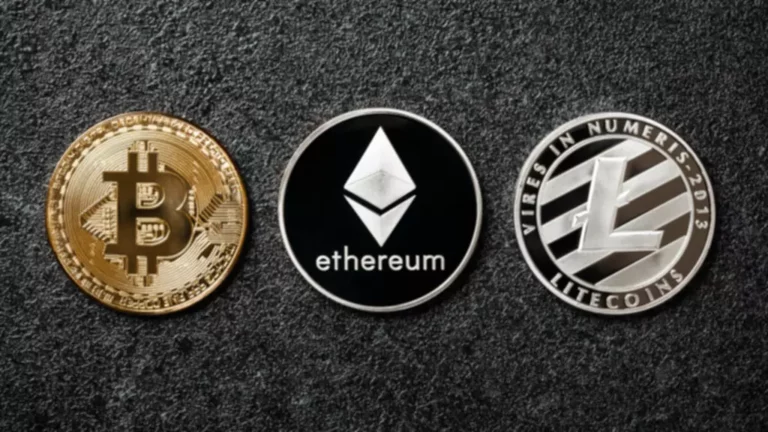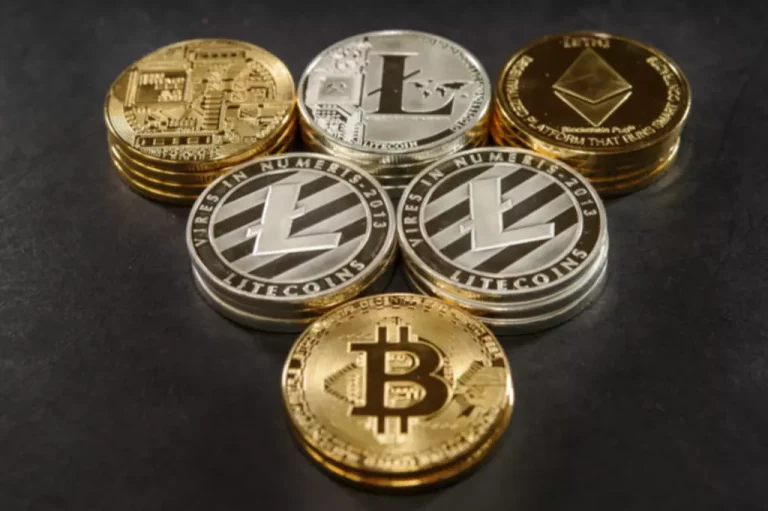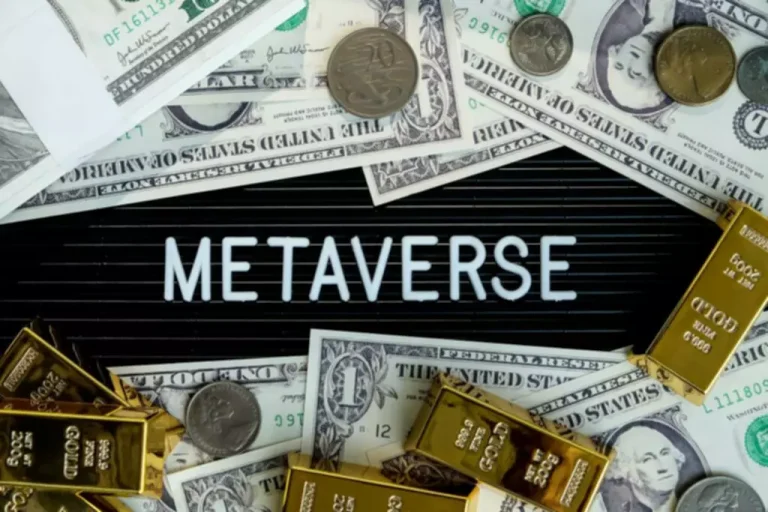What’s The Distinction Between Trade And Broker?
Since exchanges are matching traders, there have to be at least two traders willing to take opposite sides of the same deal to be able to execute an order. Moreover, both events will must have their assets on the exchange on the time of the commerce. As an expert in the area of investing, I even have personally witnessed the worth of taking a hybrid approach. Whereas I rely on brokers for their experience and tailor-made recommendation, I also respect the opportunities supplied by exchanges to discover and execute my very own funding methods.
- Whereas exchanges grant buyers higher control over their trades, they lack the personalized recommendation and steerage that a broker can supply.
- Inventory exchanges such as the New York Stock Change (NYSE) are the best-known type of buying and selling venue, and some orders might go to a traditional listed exchange to be filled.
- Exchanges typically charge trading charges per commerce, which might differ relying on the volume.
- Both are important elements of the buying and selling ecosystem, with exchanges offering a regulated setting for transactions and brokers offering valuable companies similar to entry, research, and trade execution.
- The differences between brokers and exchanges, particularly with the rise of cryptocurrencies, may seem complex at first look.
- Deciding whether to make use of a dealer or an exchange is dependent upon several factors specific to your funding journey.
Although brokers could route sure orders to certain venues for additional revenue, the SEC also requires them to reveal the quality of their trade execution. Brokers must report how orders are crammed and at what costs in comparison with the publicly obtainable bid and ask unfold on the time. The SEC also mandates that brokers must disclose if their orders are not routed for the most effective execution.
If you might have never dealt with any of those it could possibly be complicated as soon as diving into it. Coinbase is probably one of the well-liked exchanges out there with Bianance and Kraken. Tons Of of markets multi functional place – Apple, Bitcoin, Gold, Watches, NFTs, Sneakers and so much cryptocurrency exchange vs broker more.
Buy Side And Sell Aspect Liquidity Defined

By discovering the proper steadiness between the two, I maximize my investment potential while mitigating dangers. Your danger tolerance performs a big position in determining whether or not a broker or an exchange is a greater match for you. Brokers can provide customized risk assessments and methods to match your threat tolerance. In The Meantime, exchanges expose investors to a broader range of market dynamics, requiring a higher threat appetite and self-assessment of potential risks. Now that we’ve a basic understanding of brokers and exchanges, let’s delve into the necessary thing differences between the two. On the other hand, an exchange is a centralized marketplace where patrons and sellers come together to commerce securities.
How Can Foreign Exchange Wink Dealer Rankings Assist Traders In Selecting Between Brokers And Exchanges?

These exchanges set market costs based on provide and demand, allowing customers to commerce at these fluctuating prices. Brokers sometimes provide their purchasers with a trading platform the place they’ll place buy or promote orders. Once an order is placed, the dealer either instantly executes the trade on an trade or routes it to a different liquidity supplier for execution. Brokers often Financial cryptography make their money via commissions, spreads (the distinction between the shopping for and selling price), or charges for extra companies. The broker’s major function is to help facilitate trades by executing purchase or sell orders on behalf of their shoppers. They serve as the bridge between the consumer and the exchange or market, providing access to platforms which may in any other case be unavailable to particular person buyers.
Usually this isn’t an issue, however for much less liquid belongings or giant transactions, it is possible that an exchange may lack adequate liquidity to fill an order. On an exchange, the price of an asset is set by the actors who’re trading it. An trade makes money by charging a payment to the merchants once they’re matched and the order executes. Firstly, the brokerage can commerce with a principal model, that means their exposure to assets modifications as trades happen. A brokerage using a principal model should still conduct some proprietary trading to steadiness their portfolio. Alternatively, the brokerage can operate with an company model, that means they simply place the order for the shopper on another platform.
While exchanges can provide greater liquidity and decrease fees, in addition they come with elevated safety dangers, as they are frequent targets for hacking. Users are answerable for the safety of their funds on exchanges, making it crucial to choose platforms with sturdy security measures and to use additional protections like hardware wallets. Brokers facilitate trading by offering a platform through which purchasers can access financial markets, while exchanges are precise marketplaces the place patrons and sellers meet to execute trades. Brokers usually cost a payment for facilitating the transaction, whereas exchanges generate income through itemizing fees, transaction charges, or a combination of both. In the dynamic landscape of Forex trading, understanding the distinctions between brokers and exchanges is crucial for success. Whereas brokers supply flexibility and accessibility, exchanges provide transparency and centralized liquidity.
Brokers earn revenue by way of spreads, commissions, and different fees charged to merchants. Exchanges generate revenue from transaction fees, itemizing charges, and other companies they supply to traders and market individuals. The distinction between brokers and exchanges can seem complicated at first glance, especially with the arrival of digital currencies. To understand their unique roles, we need to dissect the primary variations of their modes of operation, pricing buildings, security measures, and general user experiences.
Lately, users have been more and more switching to crypto spot trade platforms, the place they’ll buy and sell completely different cryptocurrencies at beneficial costs, lower prices, and faster processing instances. Understanding the distinction between the two is crucial for anyone concerned in buying and selling, whether or not it’s in shares, cryptocurrencies, commodities, or another monetary asset. This article aims to supply a comprehensive breakdown of what exchanges and brokers are, their roles in buying and selling https://www.xcritical.in/, and how they operate. Finally, each platforms play a vital role within the crypto ecosystem, and your greatest option depends on how you wish to have interaction with the market. Whether Or Not you’re after simplicity or full control, understanding the nuances between these options ensures you take advantage of your crypto buying and selling experience.

To find the most effective crypto buying and selling platform for you, it’s essential to know the advantages and downsides of each choices. Crypto brokers act as monetary service providers that supply entry to cryptocurrency markets without requiring customers to navigate a traditional change. Brokers often provide additional services, such as leverage trading, automated strategies, and portfolio administration, making them an attractive choice for buyers looking for a hands-off strategy. A crypto broker usually offers a simple platform for customers to purchase or sell cryptocurrencies utilizing fiat currencies. They set their prices for the digital assets, often including a premium, and permit customers to transact at these fastened prices.
